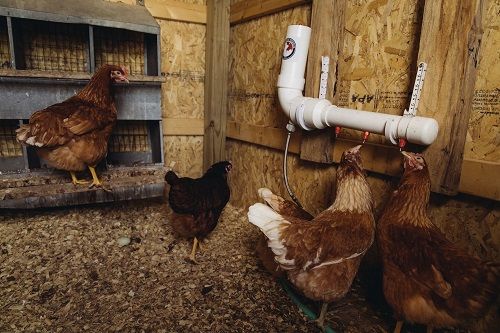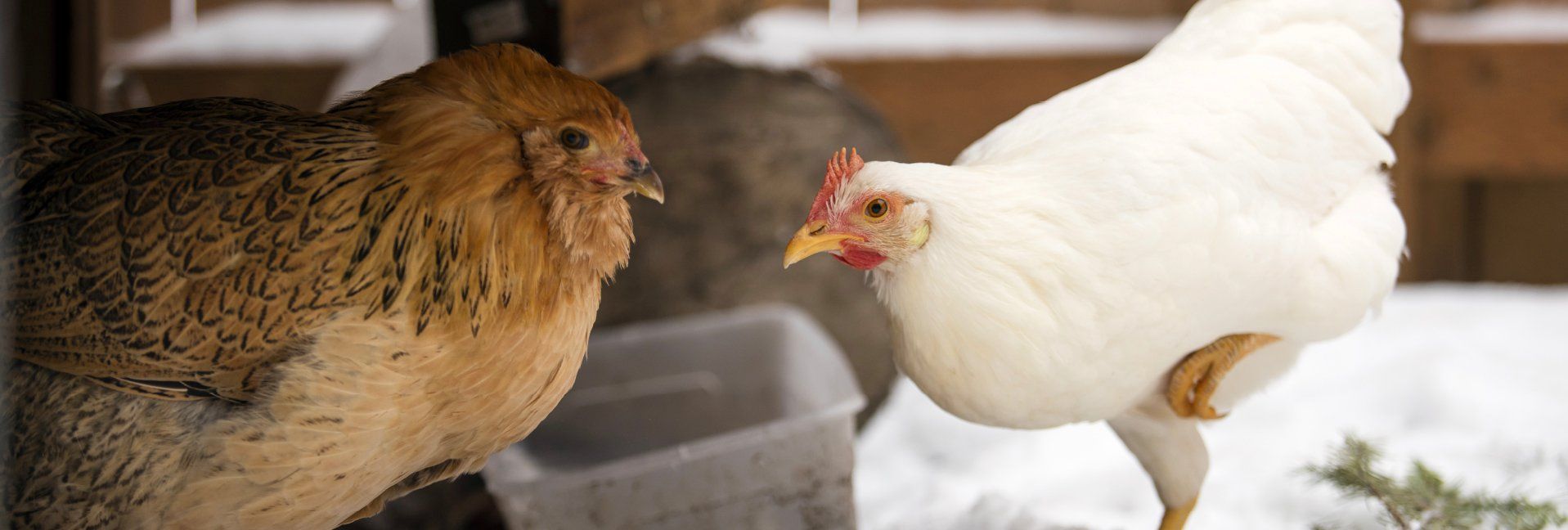Riding Out the Storm
Lessons From a Florida Flock Keeper
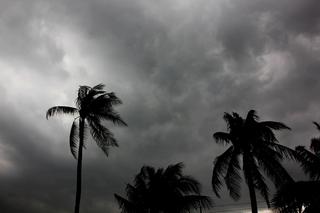

When it comes to navigating the challenges of raising backyard chickens, few can rival the expertise of Florida-based chicken keeper and influencer Kristin Jordan, also known as the Florida Chicken Tender.
From battling scorching temperatures to surviving a Category 5 hurricane, Jordan has become a trusted resource for backyard flock owners. With the National Oceanic and Atmospheric Administration predicting a 60% chance of an above-average hurricane season through November, her advice has never been more relevant.
Jordan – a mother of three, a hospital professional by day and scout troop leader by night – has dedicated years to mastering the art of hurricane preparation for her flock. Her story and tips demonstrate resilience but also provide a blueprint for fellow chicken keepers to prepare for and recover from severe weather events.
The Journey Through Hurricane Milton
When Hurricane Milton, a Category 5 storm, barreled through Lithia, Florida, Jordan’s homestead stood just 13 miles from the Gulf Coast, directly in the storm’s path.
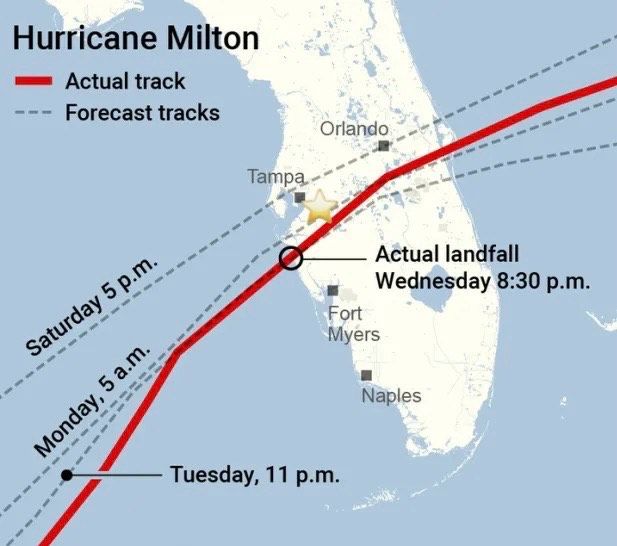
The eye passed overhead in October 2024, bringing wind gusts of up to 120 mph. “Our coop had no damage, but we were without power for eight days after,” Jordan said. With nine acres of ancient oaks, tree damage is always a concern, and this storm was no exception.
“Hurricanes are unpredictable and can shift at the last minute. If you are anywhere in the path, you should be prepared,” Jordan added.
Potential structural damage to the coop and run, long power outages, flooding and limited access to clean water, repair supplies, chicken feed and other essentials are all challenges. Preparation was key: she credits storing extra water and supplies, plus investing in a generator, for saving her unnecessary stress after the storm.
“Being without power that long was difficult, but we got through it prepared,” Jordan said.
Jordan’s experience taught her that planning for every possibility is crucial. “Expect the unexpected, and your flock will fare far better when disaster strikes,”
Hurricane Prep Tips for Your Flock
Jordan’s mindset is rooted in calm, clear preparation. By considering the needs of both her family and her flock ahead of time, she’s able to reassure her birds and manage the stress for everyone involved, even during the most chaotic moments.
Jordan’s Florida-tested strategies offer practical guidance for backyard chicken keepers to protect their flock during hurricane season.
Build a community network of other chicken keepers in the area and neighborhood.
One of the most effective ways to prepare for hurricanes is by building a strong community network with other flock owners in your area. Having a support system can make a significant difference when it comes to sharing resources, advice and real-time updates during extreme weather events.
Start by connecting with fellow poultry caretakers in your neighborhood or local area. Social media groups, local farm supply stores and community events are great places to meet like-minded individuals.
Once you’ve established a network, consider creating a group text chain or using a messaging app like WhatsApp to stay in touch. This allows you to share real-time updates about weather conditions, power outages and any immediate needs or concerns.
Stay calm.
Hurricanes are as mentally taxing as they are physically punishing. According to Jordan, staying calm and organized is critical, not only for yourself but for your chickens, who react to your energy. Make an emergency prep checklist well in advance so you’re not scrambling as the storm approaches.
To keep her chickens calm during the storm, Jordan temporarily moved them into a large dog pen in her garage, providing a cool, dark and secure environment that offered a layer of protection she couldn’t guarantee in the coop. She recommends having a safe backup location indoors if possible, whether it’s dog crates, pens, tents or any large, sturdy container that will keep the flock contained temporarily.
Seek out your coop’s weak spots.
Strong winds pose the biggest threat to chickens and their coops during hurricanes. Jordan recommends anchoring coops securely to the ground using earth augers or sandbags. Reinforce weak points, such as doors and windows, with weather-resistant materials like plywood or metal braces to minimize structural damage.
Emergency water and feed storage
Disruptions to power and water supply are common during hurricanes. Jordan’s solution is to store at least a week’s worth of water and feed in sealed, waterproof containers. Placing these supplies in an elevated, dry area ensures your flock is cared for even if access to stores is limited during the storm.
Create a safe shelter space
When the winds pick up, some chickens may panic and struggle to find refuge. Jordan advises keeping a secure shelter space within or adjacent to the coop, such as an enclosed area layered with bedding, to reduce stress and optimize safety for your flock.
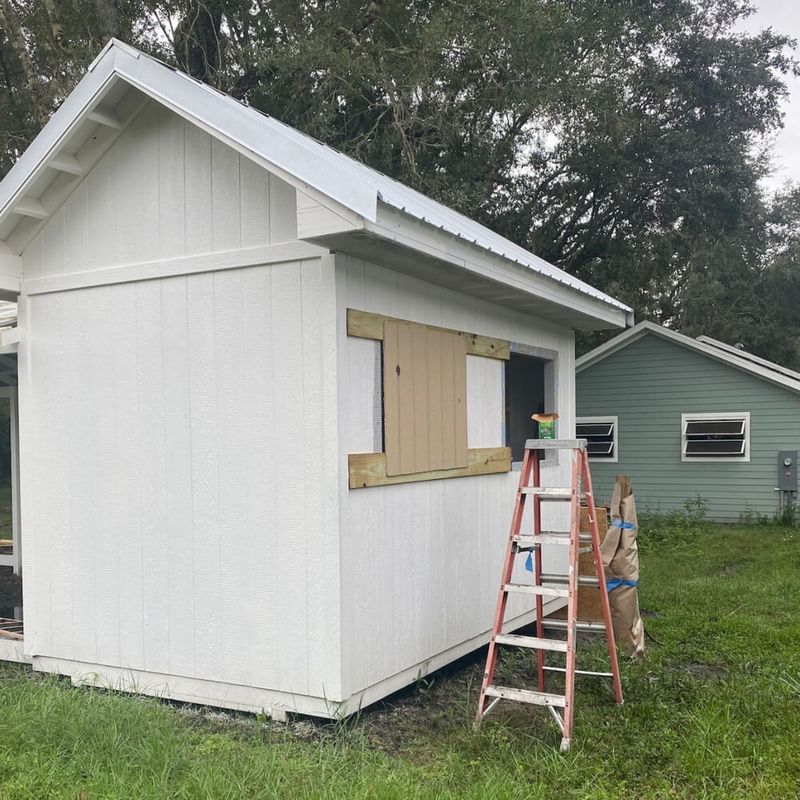
Plan for evacuation scenarios.
When it comes to evacuation, Jordan’s experience during Hurricane Milton offers valuable insight. With 33 chickens to consider, transporting her entire flock safely was not possible, and for the first time, she had to make the heartbreaking choice to evacuate and leave her birds behind for the safety of her family.
“As much as we love our flocks, human safety must always come first when facing life-threatening weather. The emotional toll of this decision was significant, but ultimately, it was the right call given the circumstances,” Jordan said.
For keepers who do attempt to evacuate with chickens, Jordan recommends preparing for at least a week away and packing enough food, water and supplies for your birds as well as yourself.
She cautions that not all storm shelters allow poultry, so it’s crucial to check regulations in advance and investigate possible options for pet-friendly or livestock-friendly accommodations.
She suggests creating an evacuation plan well before hurricane season, including knowing how you would safely transport your flock, using crates, pens or portable coops, and accounting for the needs of each bird.
Post-Storm Recovery Tips
The aftermath of a hurricane can be overwhelming, with downed trees, structural damage and a disoriented flock just some of the challenges chicken keepers face.
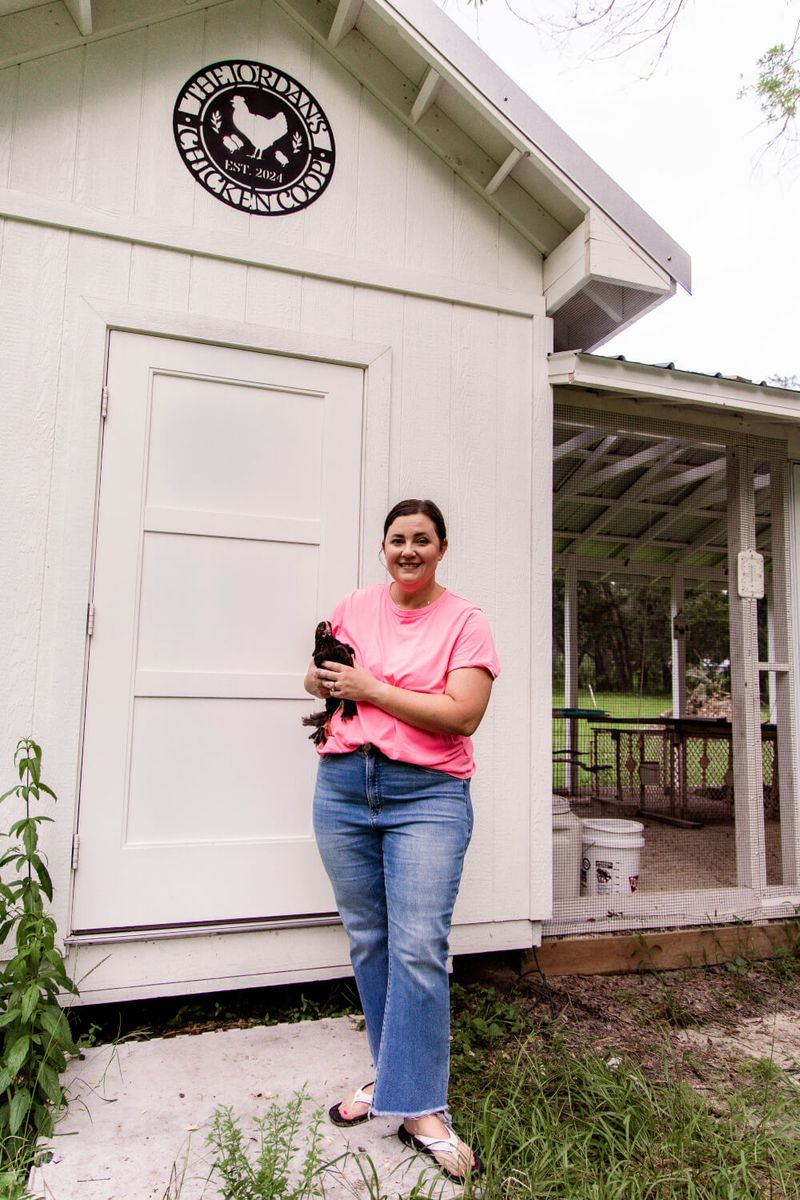
After returning home following Hurricane Milton, Jordan and her family were greeted by scenes of widespread destruction in their community, dozens of barns and small structures had roofs ripped off and power lines littered the roads. Their relief at finding their own home and coop intact was immense, especially knowing the effort they’d put into preparation.
The chickens, though frustrated from their time indoors in the garage, were safe and healthy.
- Jordan’s approach begins with immediately clearing any fallen limbs and debris away from the coop area.
- She then conducted a thorough inspection of the entire setup, treating it as though she’s building the coop for the first time. This means meticulously checking for breaks or weak spots in fencing or hardware cloth, examining the roof for damage or leaks and looking for holes from limbs or other debris that may have battered the structure during the storm.
- Water damage is also a key concern, as moisture can quickly lead to unhealthy conditions for the flock.
- The next step is to gradually return the chickens to normal routines as soon as it’s safe, which means letting them back into the cleaned and secured coop, providing their usual feed and water and watching closely for any signs of stress or illness, such as lethargy or a drop in egg production.
Although your chickens may seem fine, Jordan notes that the trauma of a big storm lingers and extra attention, patience and treats go a long way toward re-establishing a sense of calm and security.
By systematically assessing damage, proactively repairing and cleaning and providing reassurance to her flock, Jordan successfully restores order after even the most serious weather events, turning recovery into an opportunity to strengthen both her chickens’ environment and their bond with her family.
Tags:Hands-on Help

Chicken Whisperer is part of the Catalyst Communications Network publication family.









